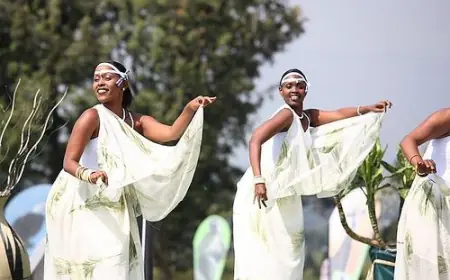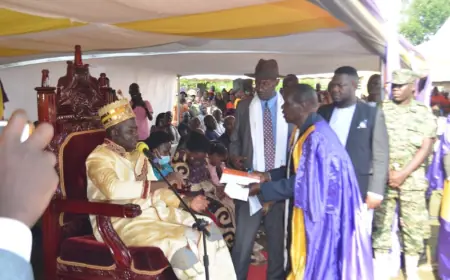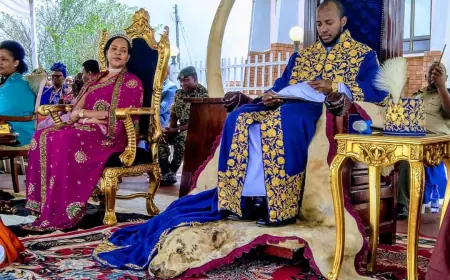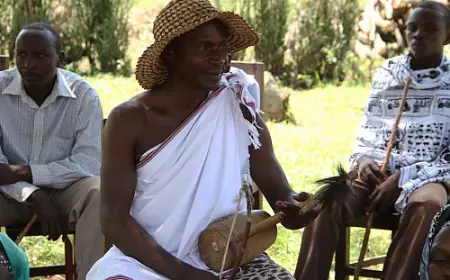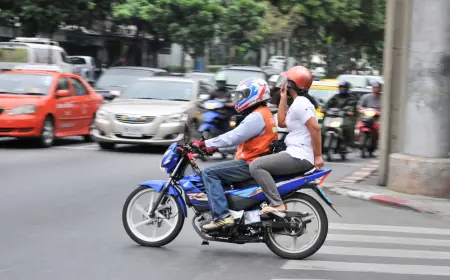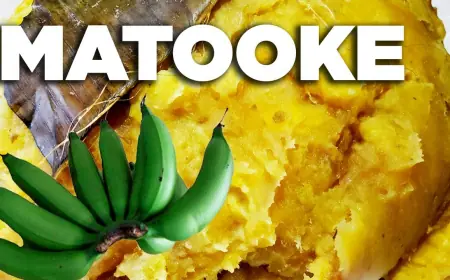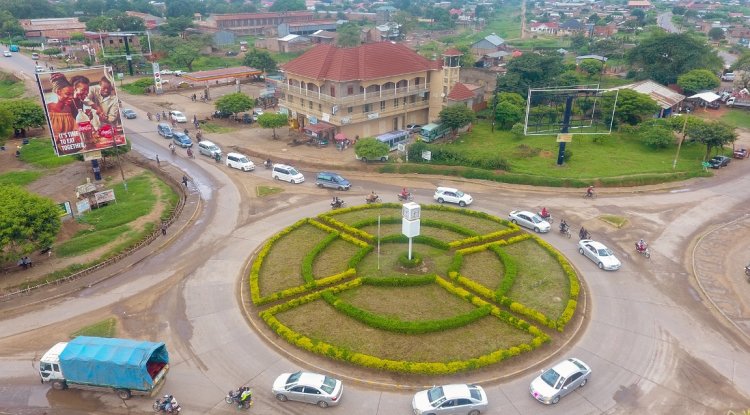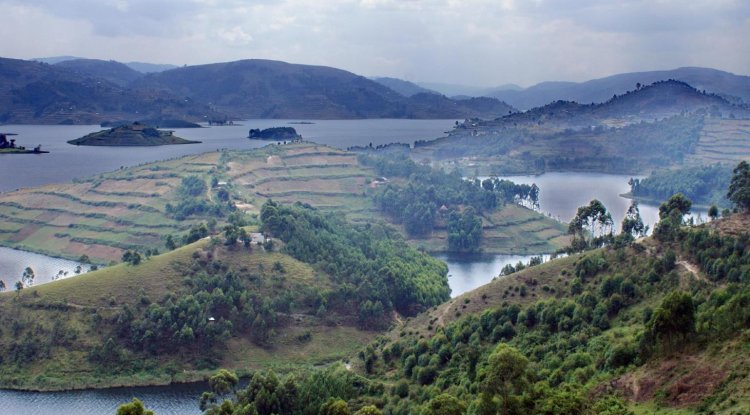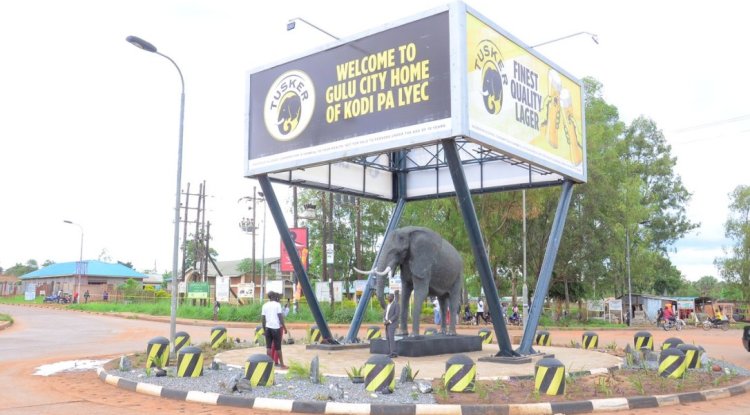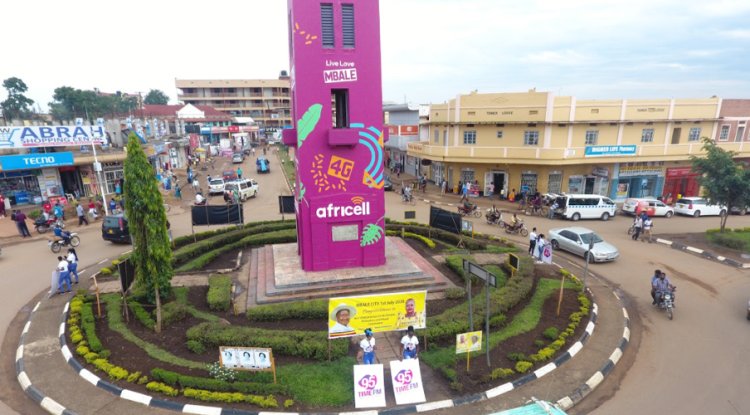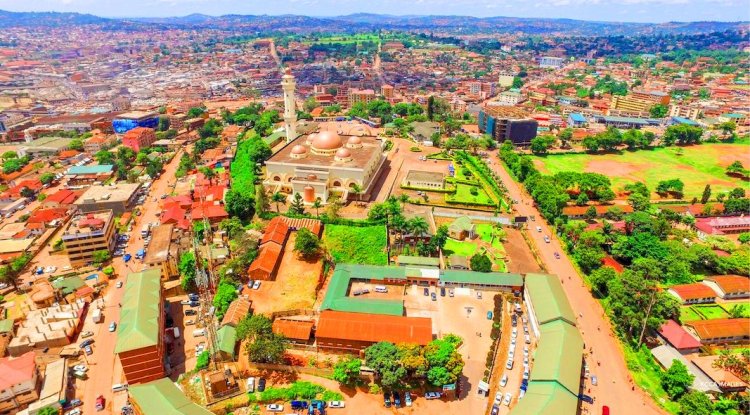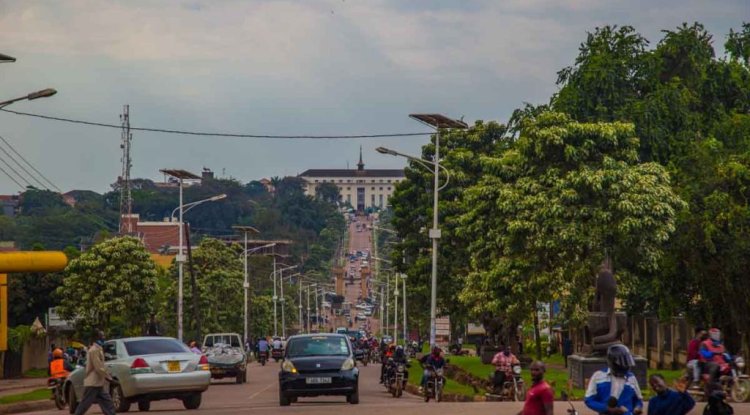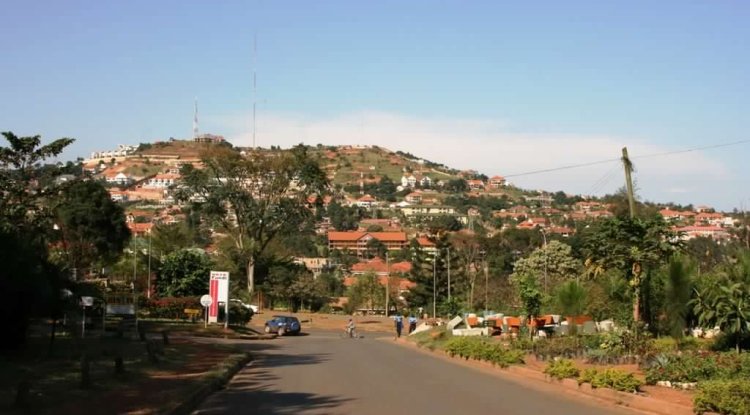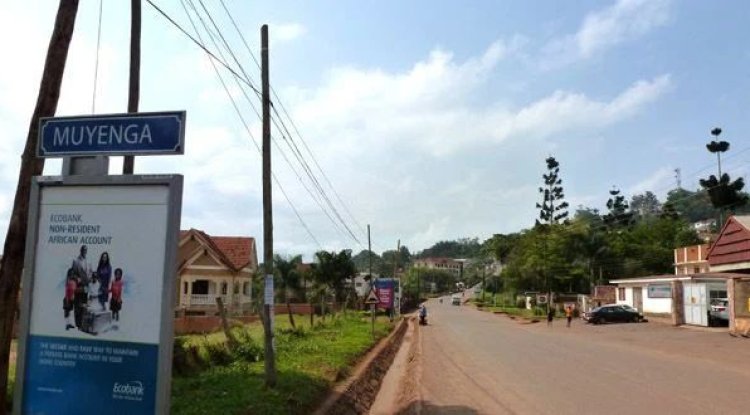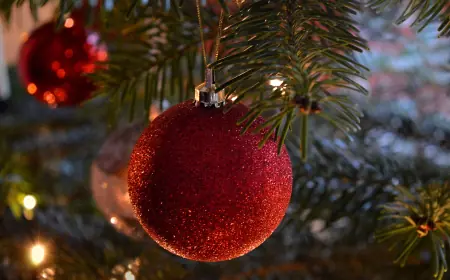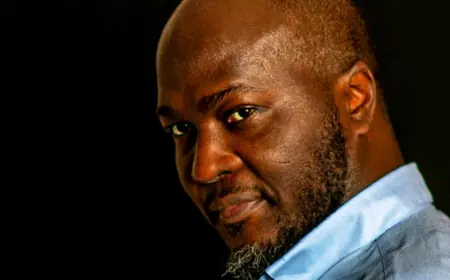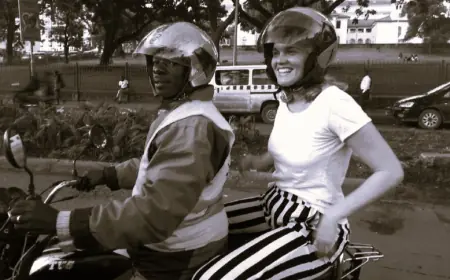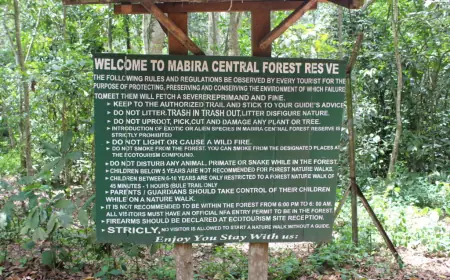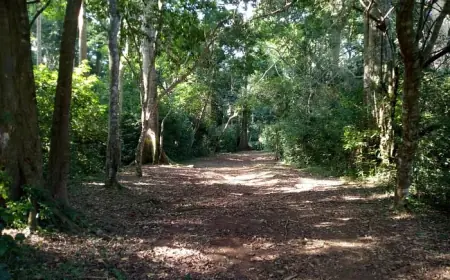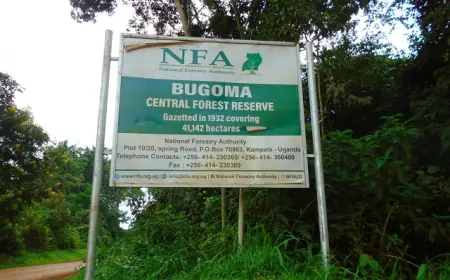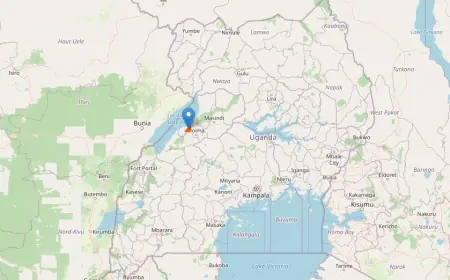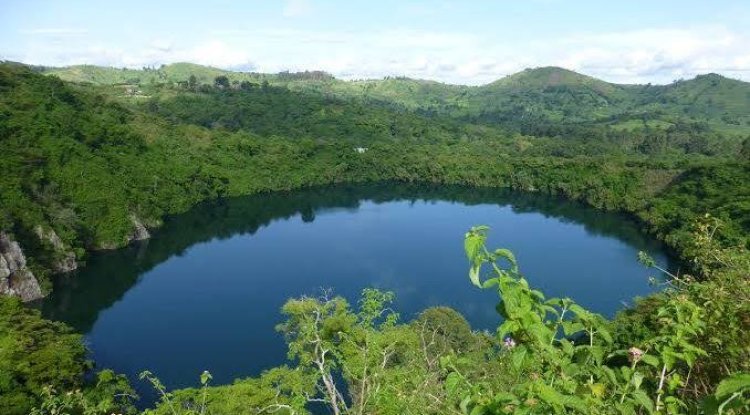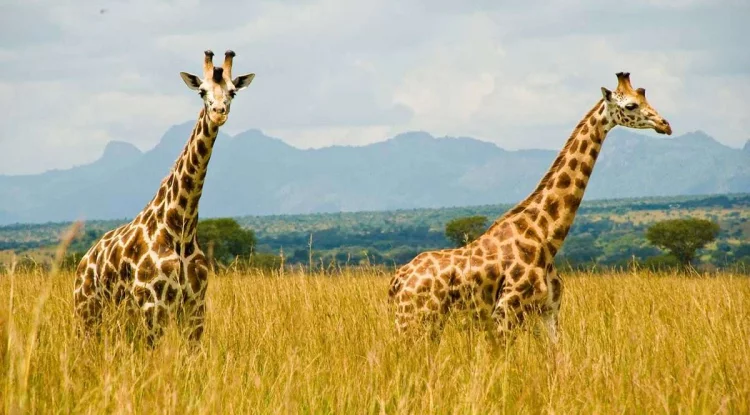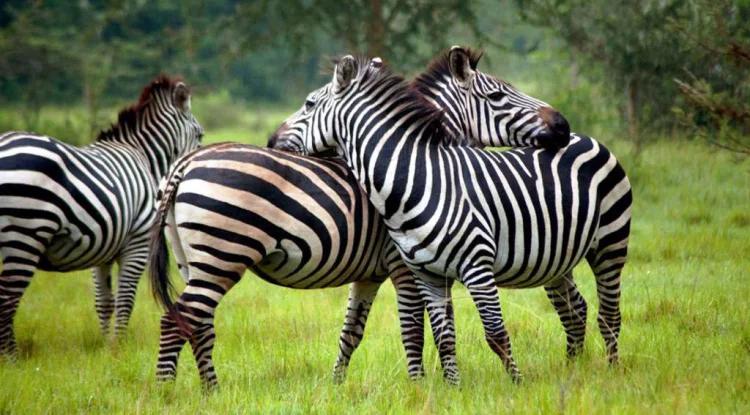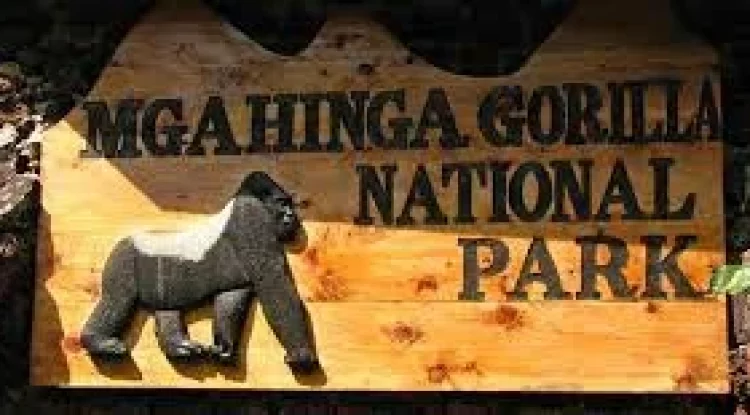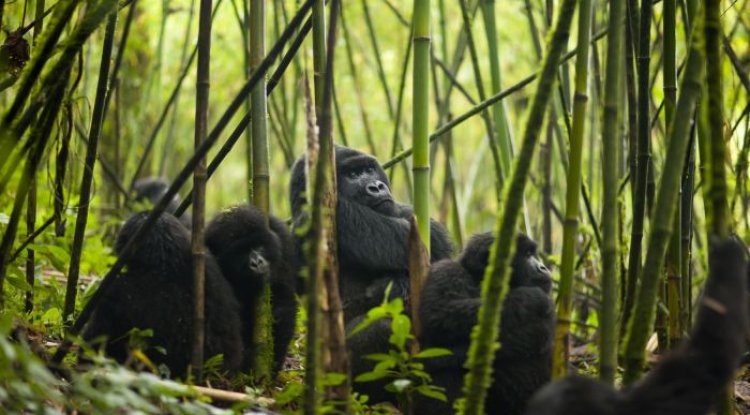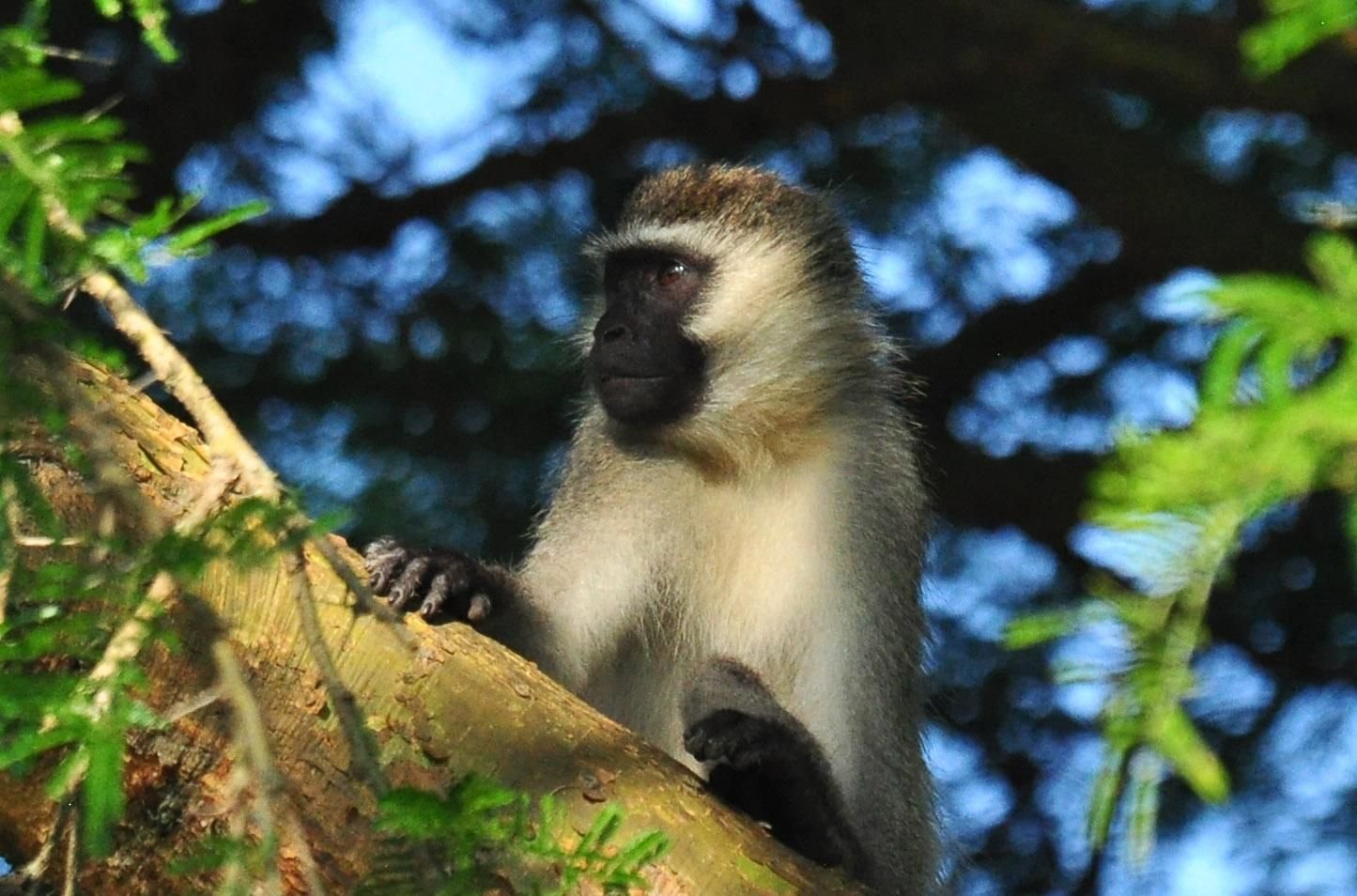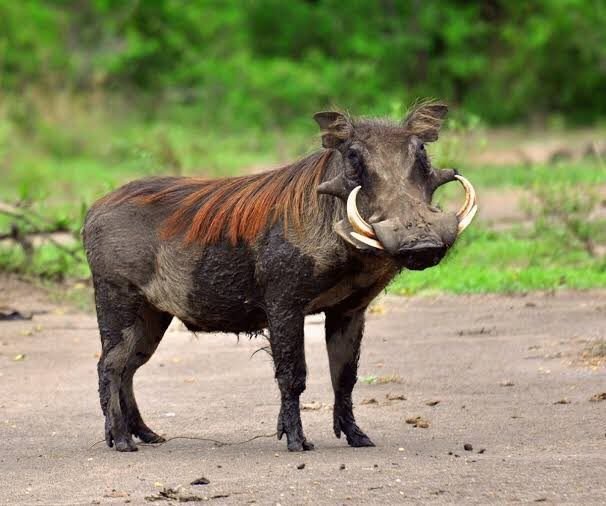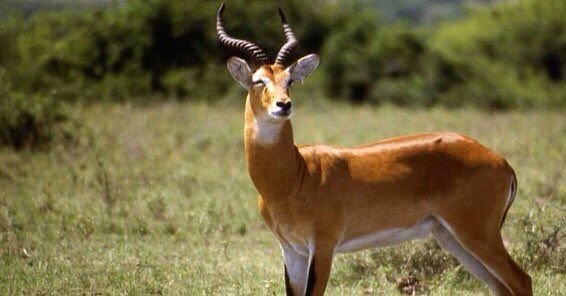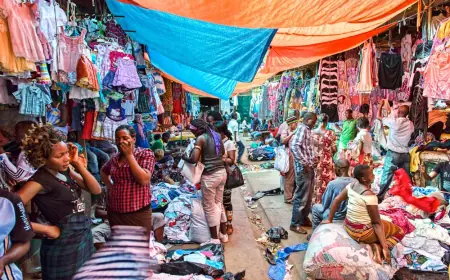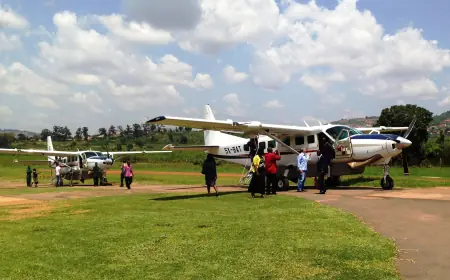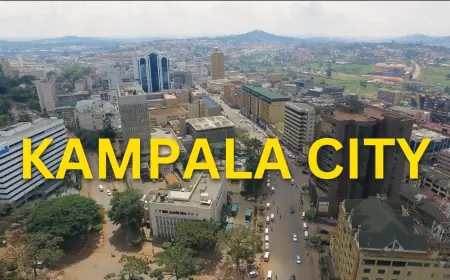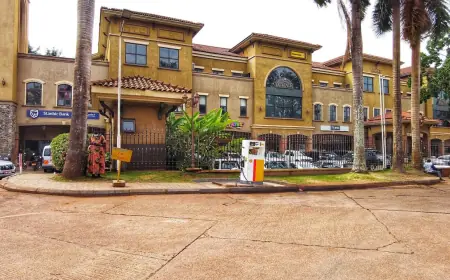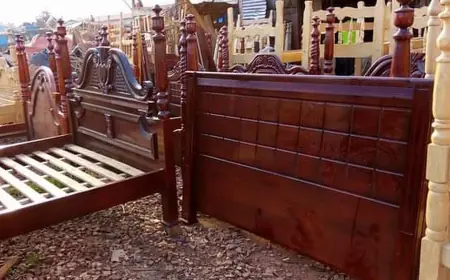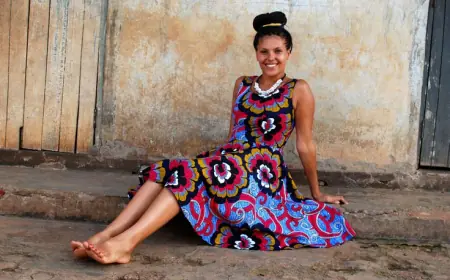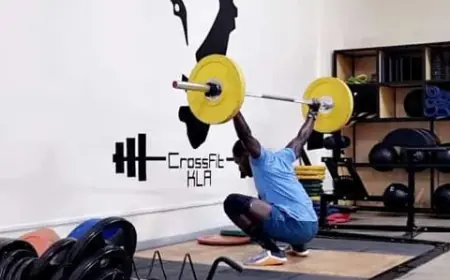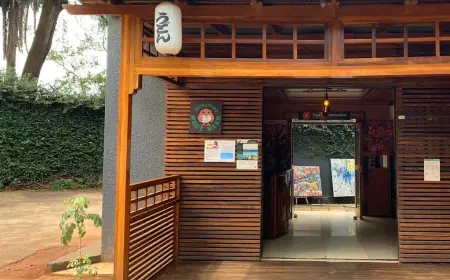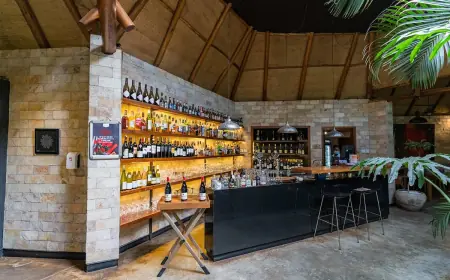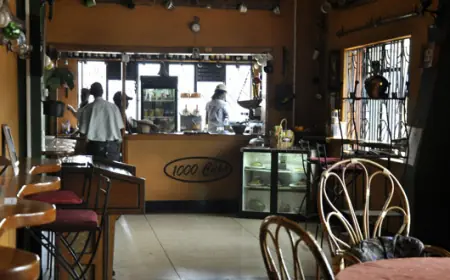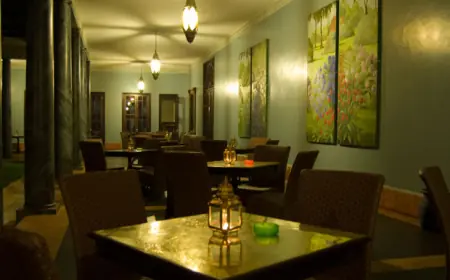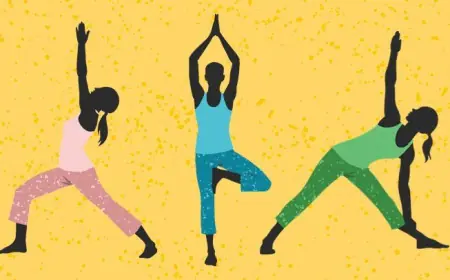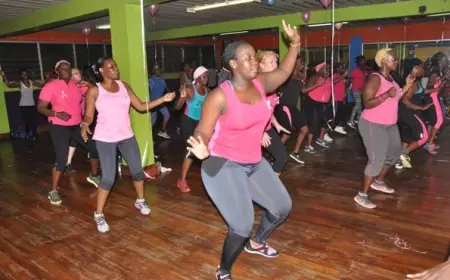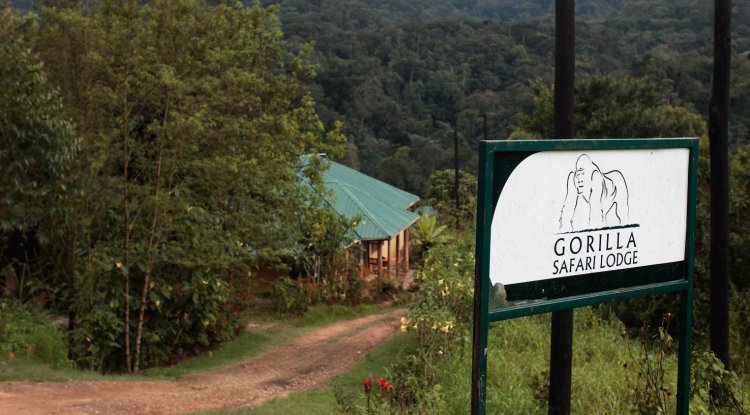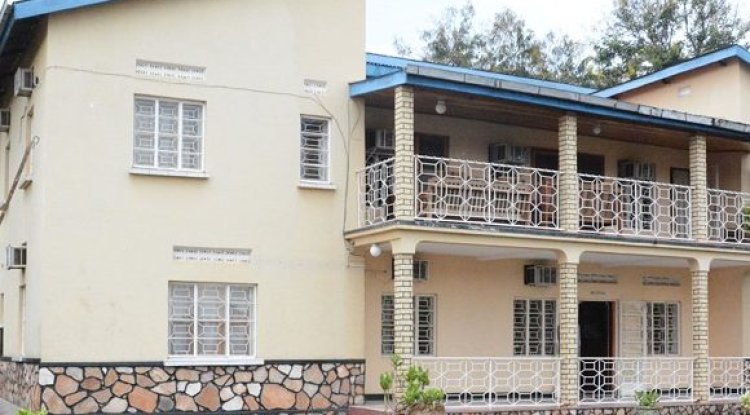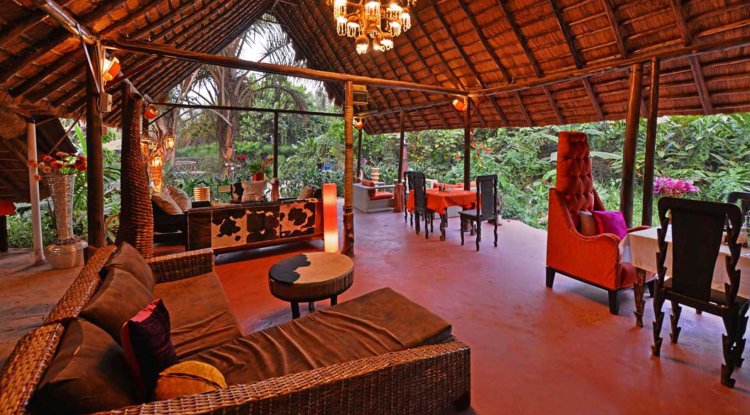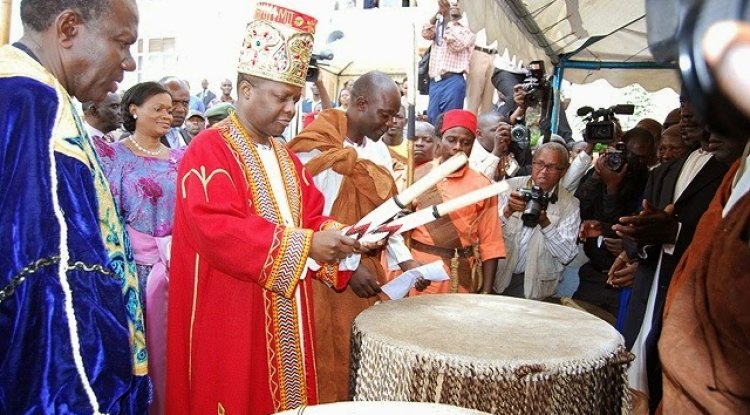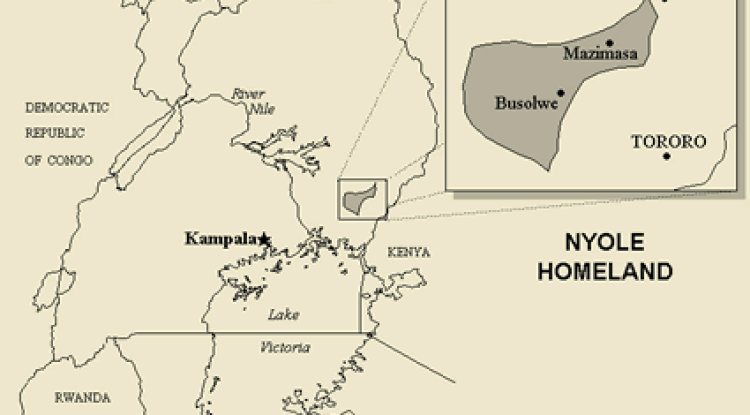Batoro: The People of Tooro Kingdom
The Batoro trace their origin to the Bunyoro-Kitara Kingdom, which was one of the largest and most powerful kingdoms in East Africa.
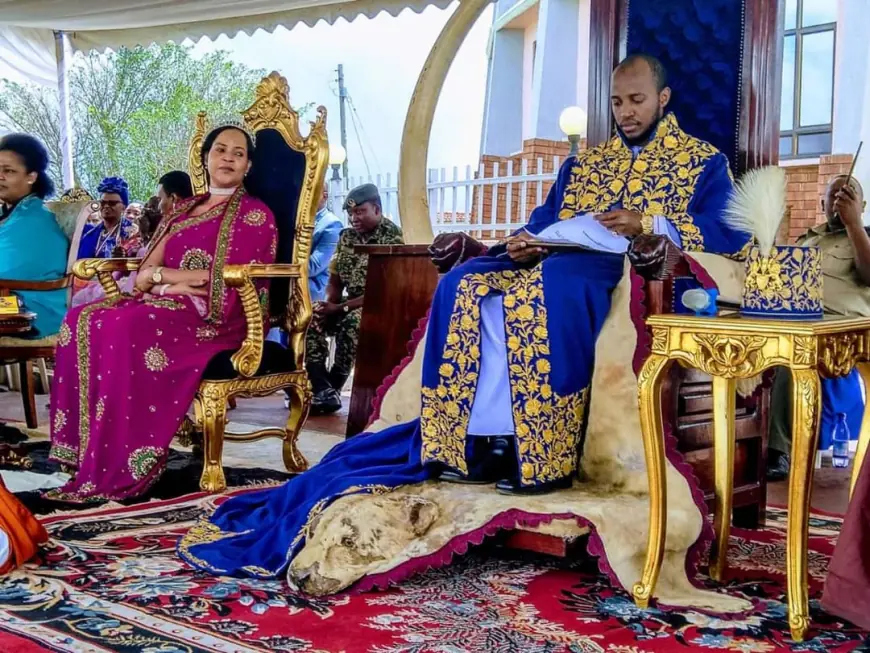
The Batoro are a Bantu-speaking ethnic group that live in the western region of Uganda, mainly in the districts of Kabarole, Kyegegwa, Kamwenge, and Kyenjojo. They are the native inhabitants of the Tooro Kingdom, a subnational constitutional monarchy that dates back to the 16th century. The Batoro have a rich and diverse culture, history, and identity that sets them apart from other tribes in Uganda. In this article, we will explore some of the aspects of Batoro life that are not commonly discussed in other blogs.
Origin and History
The Batoro trace their origin to the Bunyoro-Kitara Kingdom, which was one of the largest and most powerful kingdoms in East Africa. The Bunyoro-Kitara Kingdom was ruled by the Babiito dynasty, which claimed descent from the legendary Bachwezi people. The Bachwezi were said to be demi-gods who introduced civilization, iron-working, and cattle-keeping to the region. They also built the mysterious earthworks known as the Bigo Bya Mugenyi, which are still visible today.
The Batoro emerged as a distinct group in the late 18th century, when Prince Olimi Kaboyo, the son of the Omukama (king) of Bunyoro-Kitara, rebelled against his father and conquered the southern province of the kingdom. He declared himself the Omukama of Tooro and established his capital at Fort Portal. He was warmly welcomed by the people, who accepted him as their king. The new kingdom survived the first, tumultuous years of its infancy, and grew to enjoy over a century of goodwill, peace, and prosperity.
However, the Tooro Kingdom faced many challenges in the 19th and 20th centuries, as it was affected by the slave trade, colonialism, and political turmoil. The kingdom was annexed by the British in 1894, and became part of the Uganda Protectorate. The Batoro resisted the colonial rule, and participated in several rebellions, such as the Nyangire and the Rwenzururu movements. The kingdom was restored in 1962, when Uganda gained its independence, but was abolished again in 1967, when the country became a republic. The kingdom was reinstated in 1993, as part of the constitutional recognition of the traditional institutions in Uganda. The current Omukama of Tooro is Rukirabasaija Oyo Nyimba Kabamba Iguru Rukidi IV, who ascended the throne in 1995, at the age of three. He is the youngest ruling monarch in the world.
Culture and Religion
The Batoro have a rich and diverse culture, that reflects their history and identity. The Batoro speak Rutooro, a Bantu language that is closely related to Runyoro, the language of their cousins, the Banyoro. The Batoro and the Banyoro share many other cultural traits, such as the clan system, the totemic animals, and the traditional dress. The Batoro are divided into individual clans, each with its own name, symbol, and role. The clans are patrilineal, and each clan has a head, called the Omusuga. The clans are also exogamous, meaning that one cannot marry within one’s own clan. Some of the common clans among the Batoro are Ababiito (the royal clan), Abasiita, Abagweri, Abasumbi, Abaitara, Abaziira, Abaliisa, Abachwamba, Ababopi, Abachaaki, Abanyonza, Abagimu, Ababooro, Abasaigi, Abaisanza, Abalebeki, Abanekera, Abagumba, Abayaga, Ababwiju, Abahinda, Abasambu, Abasingo, Abafumambogo.
Religion
The Batoro have a strong sense of spirituality, and practice various forms of religion. According to the 2002 Census of Uganda, 48.8% of the Batoro are Roman Catholic, 30.8% are Anglican, 7.3% follow other religions, and 5.4% are Muslim. The Batoro also have their own indigenous religion, called the Tooro Religion, which is based on the belief in Ruhanga, the supreme creator, and the worship of the ancestors and the spirits of nature.
Empaako tradition among batooro
The Batoro have a special ritual, called Empaako, which is the practice of giving and using affectionate names among relatives and friends. Empaako is a form of social and cultural identity, and a way of showing respect and appreciation. Empaako names are usually derived from animals, plants, or qualities, such as Akiiki (friend), Apuuli (partridge), Ateenyi (grasshopper), or Acaali (wise). Empaako is one of the intangible cultural heritage elements of Uganda, that has been inscribed on the UNESCO’s list of Intangible Cultural Heritage in Need of Urgent Safeguarding.
Music and dance
The Batoro are also known for their artistic and musical talents, and have several forms of dance, song, and storytelling. One of the most important dances is the Kinyege, which is a royal dance performed by young girls and women, who wear colorful costumes and adornments, and move gracefully to the rhythm of the drums and flutes. Another important dance is the Orunyege-Ntogoro, which is a courtship dance performed by young men and women, who compete in agility and skill, and express their interest and attraction.
Koogere oral traditions
The Batoro also have a rich oral tradition, that includes legends, myths, proverbs, and riddles. One of the most famous oral traditions is the Koogere story, which is about a woman who was the leader of the Bachwezi people, and who possessed extraordinary wisdom, wealth, and generosity. She was known for distributing food and gifts to her subjects, and for solving their problems. The Koogere story is also one of the intangible cultural heritage elements of Uganda, that has been inscribed on the UNESCO’s list of Intangible Cultural Heritage in Need of Urgent Safeguarding.
Batooro Traditional Wear
The suuka is a must-have outfits for all Mutooro women because it helps to preserve their culture and gives them a sense of belonging. The suuka is made up of three components that form the full outfit: the material wrapped around the shoulders, which is usually two and a half meters long, the dress, which is normally up to knee length, and the kitambi, which is wrapped around the waist and extends up to the feet. The men wear a kanzu as their traditional wear.
Batooro customery marriage
In the Batooro culture, marriage is a crucial rite of passage for men, who are not considered complete until married. Traditionally, marriages were arranged by parents without the children's knowledge or consent. A middle-man, known as Kibonabuko, played a key role in investigating the girl's character, family background, and work ethic before securing her from her parents.
The Kibonabuko would formally request the girl's hand in marriage from her father, who would initially deny having a daughter. Upon insistence and naming the girl, if the father agreed, the Kibonabuko would express gratitude. Unlike other tribes, the Batooro sought the girl's consent before proceeding.
Bride price negotiations involved only men and were paid in cows, with the number varying between social classes. The bride price ceremony, Okujuka, was marked by feasting and merrymaking. The groom's family would also send gifts for the bride's attire.
Welcoming rituals for the groom's family included serving roasted coffee beans and milk in a ritual knows as okuterura amata. On the wedding day, the bride would be collected around six or seven o’clock in the evening. Before leaving, she would first perform a ritual of sitting on her parents’ laps. This ritual was known as “okubukara.” She would then be lifted onto a litter and carried to the bridegroom’s home. On arrival, she would perform a ritual of being carried on her parent’s in-laws laps.
There she would be sprinkled with some herbal water (endemezi) to welcome and bless her. Before the feasting started, the bridegroom would go to bed with the bride, to perform another ritual, “okucwa amagita.” symbolizing the transition to married life. Thereafter, the guests enjoyed coffee, berries and festivities.
Virginity was highly valued, with rewards for the bride's family if confirmed.
In case of divorce, the bride price would be refunded, with considerations for children born during the marriage.
Family System
The Batooro were typically polygamous when they could afford it. Some weddings didn't last long, and divorce appeared to be common. All families were managed by the eldest man in the household, known as "Nyineka," and the community as a whole was run by an elected elder picked by all of the seniors. He was known as "mukuru w'omugongo.”
Birth
A few months after birth, a close relative would give the newborn a name, but the father always had the final word. The newborn was given two names: his personal name and the traditional "Mpako" name.
Death
Death was always thought to be caused by wicked magic, spirits, or other supernatural forces. When a person died, the eldest lady in the family would clean the body, cut the hair and beard, and close the deceased's eyes. The body was left for viewing, and while the ladies and children were allowed to cry/weep, the males were not.
Challenges and Opportunities
The Batoro, like many other ethnic groups in Uganda, face several challenges and opportunities in the contemporary world. Some of the challenges include poverty, unemployment, illiteracy, disease, environmental degradation, and cultural erosion. The Batoro have been affected by political instability, and economic crises that have plagued Uganda in the past decades. The Batoro have also experienced some conflicts and tensions with their neighboring communities, such as the Bakonzo, the Bamba, and the Banyabindi, over land, resources, and identity. The Batoro have also struggled to preserve and promote their cultural heritage, in the face of globalization, modernization, and assimilation.
However, the Batoro also have many opportunities and potentials, that can help them overcome their challenges and achieve their aspirations. Some of the opportunities include education, tourism, agriculture, trade, and development. The Batoro have access to some of the best schools and universities in Uganda, such as the Mountains of the Moon University, the Uganda Pentecostal University, and the Fort Portal School of Clinical Officers. The Batoro also have a great potential for tourism, as their region is endowed with natural and cultural attractions, such as the Rwenzori Mountains, the Kibale National Park, the Semuliki National Park, the Tooro Botanical Gardens, the Amabere Caves, the Tooro Palace, and the Karambi Tombs. The Batoro also have a fertile land, that supports agriculture, especially the production of crops, such as bananas, coffee, tea, cotton, and maize. The Batoro also have a vibrant trade, that connects them with other regions and countries, such as the Democratic Republic of Congo, Rwanda, and Kenya. The Batoro also have a supportive government, that provides them with infrastructure, services, and policies, that facilitate their development and empowerment.
Conclusion
The Batoro are a remarkable people, who have a unique and fascinating culture, history, and identity. They are the people of Tooro Kingdom, one of the oldest and most respected kingdoms in Uganda. They are proud of their heritage, and loyal to their king. They are also friendly, hospitable, and generous, and welcome visitors and strangers with warmth and kindness. They are also resilient, hardworking, and creative, and strive to overcome their challenges and achieve their goals. The Batoro are a people worth knowing, and a people worth celebrating.
What's Your Reaction?







